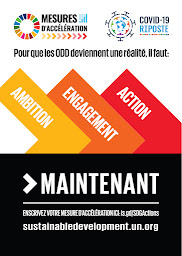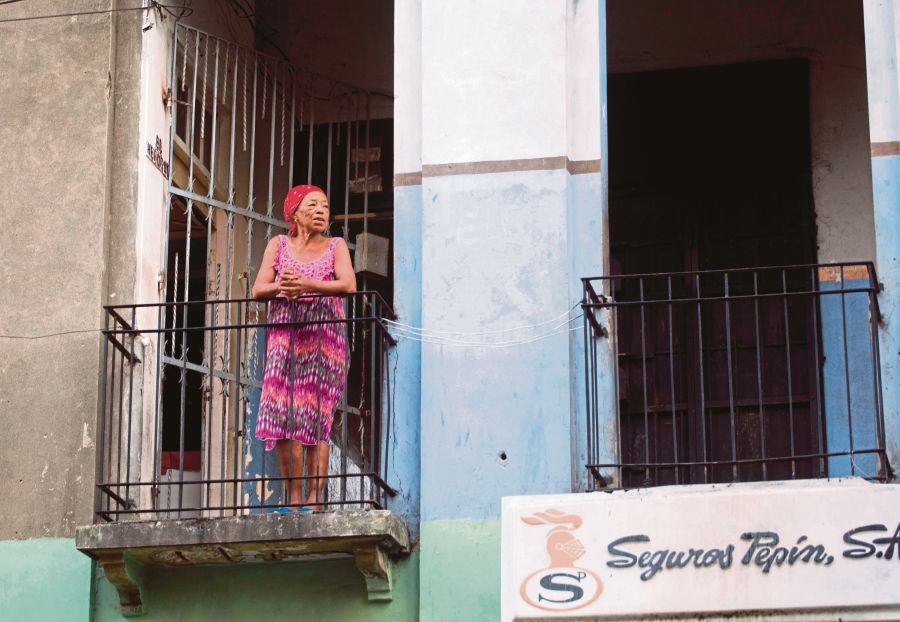More than ever, people and countries everywhere rely on the United Nations to rise to the challenges of the COVID-19 pandemic – a human crisis. The Secretary-General has emphasized that the creativity of the response must match the unique nature of the crisis – and the magnitude of the response must match its scale.
Moving ahead on the Decade of Action for SDG implementation, the recovery from the COVID-19 is an opportunity for governments and stakeholders alike to Build Back Better their societies. The SDG Acceleration Actions online database is a tool to help inspire and mobilize actions around the world to promote the implementation of the SDGs, as well as build resilience and bring an inclusive recovery in the context of new realities post COVID-19, so that the global economy, planet, and people we serve could emerge stronger together from the crisis.
WHAT IS AN SDG ACCELERATION ACTION?
SDG Acceleration Actions are initiatives voluntarily undertaken to accelerate the SDG implementation by governments and any other non-state actors - individually or in partnership. Any new action or action that builds on existing efforts (scaling up, new phase, etc.) related to the achievement of one or more of the 17 SDGs or addressing the interlinked nature of the 2030 Agenda could be considered as an SDG Acceleration Action.
BACKGROUND
The Political Declaration of the 2019 SDG Summit stresses the urgent need for concerted, accelerated action by all stakeholders at all levels to achieve the 2030 Agenda. In the lead up to the SDG Summit, UN DESA set up an online platform (https://sustainabledevelopment.un.org/sdgactions) to capture new and ambitious SDG Acceleration Actions. Moving ahead on the Decade of Action (click here for more information) for SDG implementation by 2030 called by the Secretary-General, this platform will continue to mobilize ambitious actions and track their progress.
CRITERIA FOR SELECTION
To be selected as SDG Acceleration Action, the planned initiative or effort should meet the below criteria at a minimum:
- Facilitate and accelerate the implementation of the 2030 Agenda and the SDGs, reflect interlinkages among goals and contribute to policy coherence;
- Respect principles of the United Nations Charter and the 2030 Agenda;
- Build on existing successful efforts/initiatives (scaling up, new phase, etc.) or introduce new ones;
- Include reasonable means of implementation such as finance, technology or capacity building as an element to help ensure longevity and sustainability of the initiative;
- Commitment or Initiative defined is “evaluable”, based on an adequate SMART ( specific, measurable, achievable, resource-based and time-based) set of objectives with specified performance indicators, baselines, targets and data sources as needed;
- Provide access to additional information on the actions (e.g. website, contacts).
UPDATE ON SDG ACCELERATION ACTIONS
Check the latest two-pager information brief which contains the information on the demographic breakdowns of published actions and featured initiatives.
IMPACT?
Registered actions will be highlighted at the High-level Political forum for Sustainable Development (HLPF) and other key global meetings, including the annual ECOSOC Partnership Forum, and through UN DESA’s Acceleration Action platform and social media channels.
HOW TO PARTICIPATE?
Registration is open online at https://sustainabledevelopment.un.org/partnership/register/?source=90 Submissions will be reviewed by DESA in accordance with a set of criteria discussed above
PROMOTIONAL FLYERS
In Arabic | Chinese | English | French | Russian | Spanish
#######
The Lady B Bless Humanitarian Foundation believes strongly that supporting and implementing the United Nations Sustainable Development Goals, will provide a better world for future generations.

We support #1 No Poverty, #3 Good Health and Well-Being, #4 Quality Education, #5 Gender Equality, #6 Clean Water and Sanitation, and #17 Partnership for the Goals.
















































